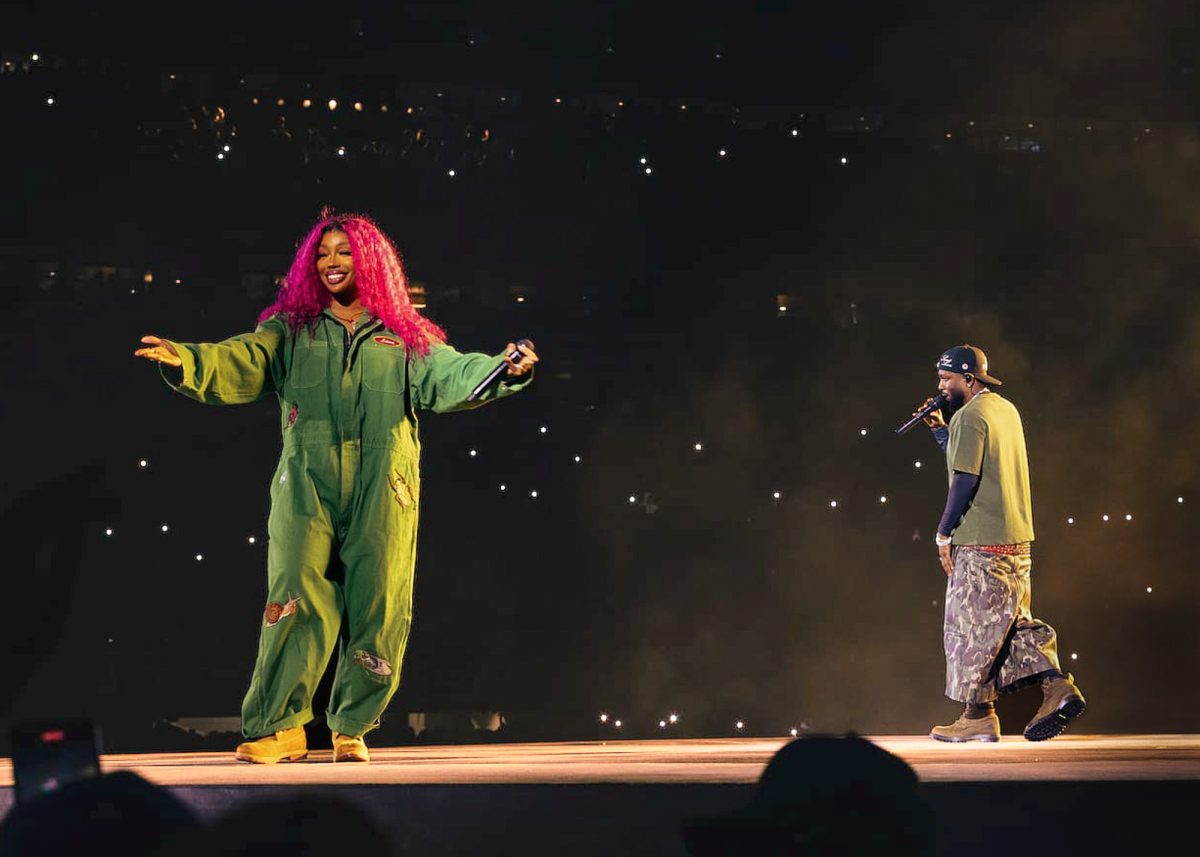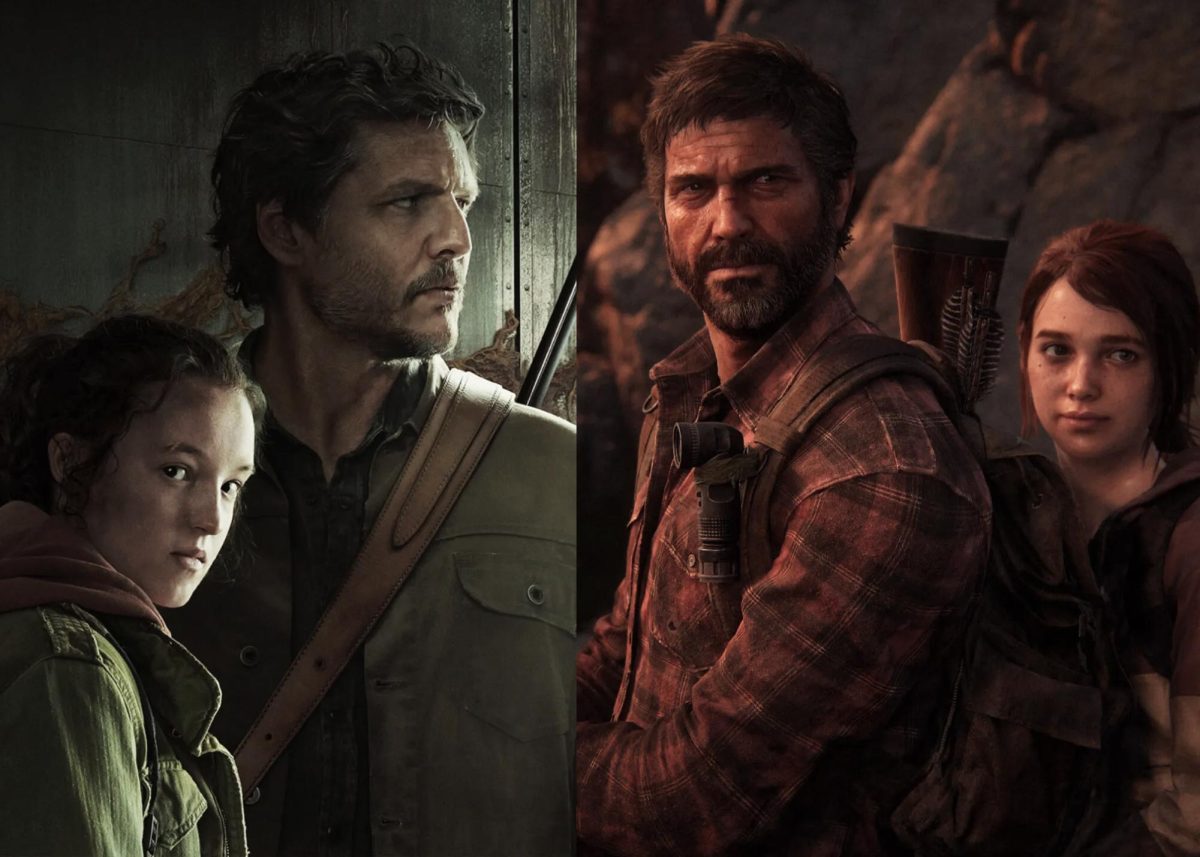Sometimes it takes a decade to become an overnight success. Chappell Roan knows how that feels.
If you’ve been living under a rock, pop artist Chappell Roan rocketed to fame this past year with her hit song “Good Luck, Babe!” which drew attention to the artist’s debut album The Rise and Fall of A Midwest Princess. Roan gained traction and her crowds increased from hundreds to thousands in just a few months. In May, Roan performed for 45,000 people at Boston Calling.
But perhaps Roan hadn’t fully understood the complexities of celebrity life and the success she had worked ten years for.
In August, the “HOT TO GO” singer called out the “abuse, harassment and stalking” that she and many other celebrities experience. “I don’t care that this crazy type of behavior comes along with the job; the career field that I’ve chosen. That does not make it okay,” she said to her four million TikTok followers. Roan didn’t want to end up like many other celebrities such as Sandra Bullock or Kendall Jenner — both of whom had stalkers break into their homes with intentions to harm them.
Despite the prevalence of this infringement on celebrities’ privacy, many expressed anger at Roan’s response, deeming her “ungrateful” or “unappreciative.”
“I’ve heard that Chappell Roan is spoiled and unappreciative of her fanbase, which is exactly why I don’t listen to her music,” says Benedicte Pierre Louis (I).
Still, many fans remain loyal. Zinnia Davis (I), believes that although her actions may come off as abrasive or rude, Roan is standing up for herself in an industry where this treatment is brushed over.
“It always pisses me off when people are like, well, she signed up for this job. If you’re going to be an artist, you have to expect these things. […] Why should people have to expect these things? And why should they have to just take it, you know?” expresses Davis. She also points out that Roan’s request was to members of the public who have stalked her family and behaved disrespectfully, not to her supporters.
It is not just fans who defend the artist’s request for privacy. Though Zev Ramey-Winikur (I) doesn’t listen to her music, he believes that “when it comes to somebody who’s so famous, we kind of throw their rights, we throw their privacy out the window, and we don’t regard them as human.”
It is also important to recognize that Roan has received a disproportionate amount of hate for her stance when other celebrities like Justin Bieber and Bad Bunny have spoken out in the same way and received significantly less backlash. A vocal advocate for the LGBTQ+ community, Roan often features drag queens as her openers. Her aesthetic — from her dramatic makeup and outfits to her performing style — is influenced by drag, and her music explores coming out and her identity as a lesbian.
Is it a coincidence that Roan has received so much backlash when compared to her straight male counterparts? “It’s […] rooted in just a genuine misogyny and lesbophobia,” Davis says of the backlash, referencing the stereotype of the “mean lesbian.” Ironically, Roan has not only donated money to, but promoted many charity organizations such as the Trevor Project, For the Gworls and Glo, which are all featured on her website, exhibiting behavior that contrasts the stereotype.
In light of the hate she has received, Chappell Roan abruptly canceled her performances at the “All Things Go” festivals in New York and Washington D.C., citing the need to prioritize her health. This only culminated in further backlash for the singer, as many fans purchased tickets from all over and traveled across the country to see her take the stage.
Ramey-Winikur puts it simply: “Celebrities are people too.” In a world with an increasing wealth gap and out of touch celebrity behavior, however, how do we step back and let our idols have privacy?








